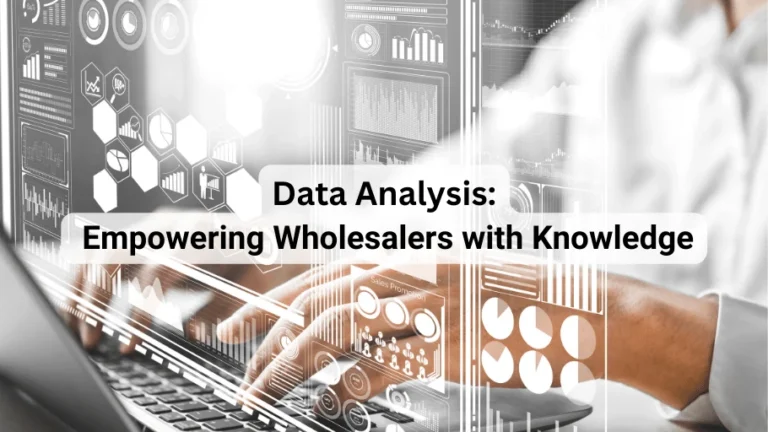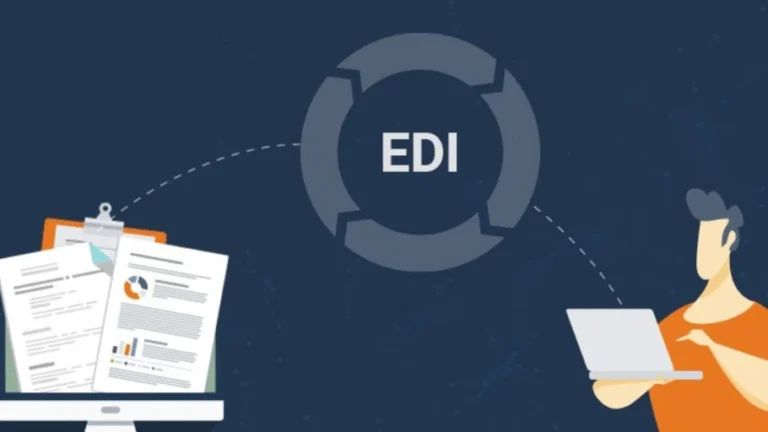Data analysis is the process of collecting, organizing, and interpreting data. For wholesalers, data analysis can provide invaluable insights. These insights can drive informed decision-making and optimize operations.
Enterprise Resource Planning (ERP) systems offer centralized data management, reporting, and analytics capabilities. ERP integration allows wholesalers to track real-time data and generate reports. This integration provides wholesalers with a comprehensive view of their operations.
Business Intelligence (BI) also plays a role in data analysis for wholesalers. BI tools provide advanced analytics features that enable wholesalers to dive deeper into their data.
In this blog, we explore the importance of data analysis for wholesalers. We look at the benefits of data analysis, how to use ERP systems for data analysis, and integrating BI tools.

Benefits of Data Analysis for Wholesalers
Some of the benefits of analyzing data for wholesalers include:
Informed Decision-Making
Optimize Inventory Management
Accurate inventory management is essential for wholesalers. Excess stock can lead to expenses, such as storage costs or product wastage. Not having enough stock can delay client fulfillment, resulting in a loss of clients and income.
With data analysis, wholesalers can optimize inventory management. Real-time data ensures wholesalers can always have enough stock available without overstocking. This ensures that wholesalers can always meet demand without incurring unnecessary costs.
Enhanced Customer Insights
Data analysis enables wholesalers to segment their customer base. This could include purchasing behavior or geographic location. By understanding customer segments, wholesalers can offer personalized promotions and improve customer satisfaction.
Through data analysis, wholesalers can understand customer preferences and buying patterns. This can highlight up-selling or cross-selling opportunities.
Forecast Demand
Grow Revenue
Wholesalers can also use insights from customer data to create targeted marketing campaigns. By marketing products to customer segments, wholesalers can get new customers. This will lead to revenue growth for the business.
Competitive Advantage
Analysing Data with ERP Software
Centralized Data Management
Reporting and Analytics
Real-time Data Analysis
Customizable Data Analysis
Integrating ERP Software with Business Intelligence
Many ERP systems support BI tool integration. BI tools provide advanced analytics capabilities. This enables wholesalers to derive advanced insights from data for decision-making purposes.
There are various BI tools to choose between for wholesale ERP software integration. Microsoft Power BI is affordable and easy to understand, making it a favorable choice for wholesalers.
We highlight how integrating a BI tool with ERP software can enhance data analysis:
Comprehensive Data Integration
Advanced Analytics
Customized Insights
Self-Service Analytics
Interactive Data Visualization
Collaboration and Sharing
Analyse Data with Salesorder ERP Software
You can integrate Microsoft Power BI with our ERP software. We offer full support so that your business can start benefiting from advanced data analysis.
Get in touch to optimize your wholesale business with Salesorder ERP software.





